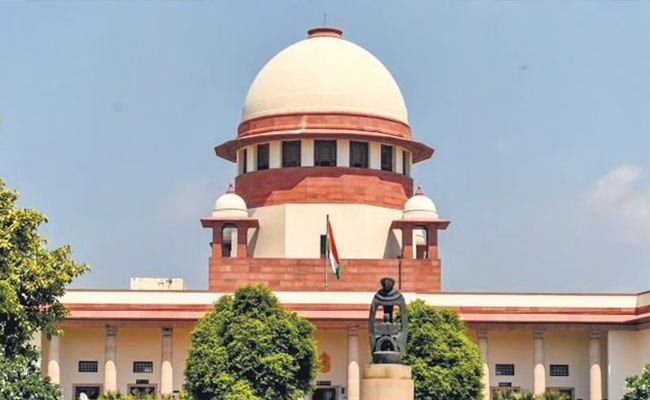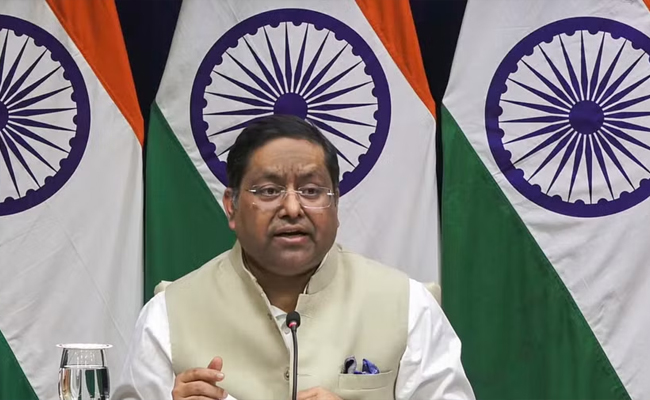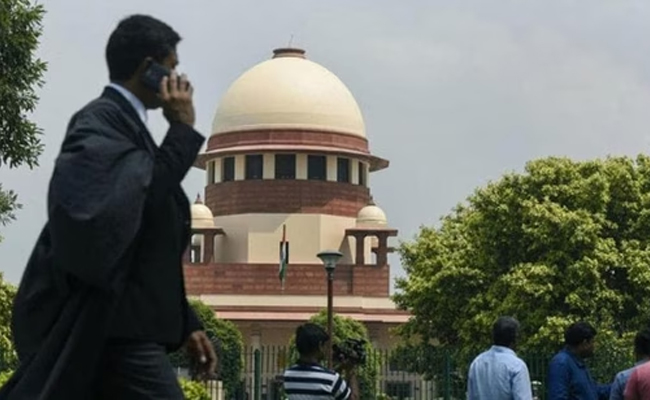Chandigarh, July 4: Punjab Chief Minister Amarinder Singh on Wednesday urged the Centre to amend laws to provide for death penalty even for first-time drug smugglers and peddlers.
In his letter to Union Home Minister Rajnath Singh, the Chief Minister pointed out that the existing NDPS Act, 1985, provides for death penalty for certain offences, if these are committed for the second time.
"This means that a person can indulge in these nefarious activities and get away at least once, causing substantial damage to the youth and society," Amarinder Singh pointed out, adding that a harsher penalty for even first-time offenders in drug peddling could be a deterrent to those indulging in this illegal activity."
The Chief Minister said that urgent steps be taken to initiate the process to amend the Narcotics, Drugs and Psycotropic Substances Act to provide for more deterrent punishment to such offenders.
"Given the magnitude of the drug menace, which had been denied during the last many years, enforcement steps though yielding results need to be further strengthened. In this direction, it is felt that the existing drug prevention and control laws should be revisited to provide for more deterrent punishment to the offenders," Amarinder Singh said.
The action plan executed by the Congress government in over a year has resulted in the arrest of 18,977 drug peddlers and treatment of more than two lakh addicts in the state, he said.
The Punjab Cabinet on Monday decided to recommend death penalty for drug peddlers and smugglers to the central government to curb the menace in the border state.
Let the Truth be known. If you read VB and like VB, please be a VB Supporter and Help us deliver the Truth to one and all.
New Delhi (PTI): Broken relationships, while emotionally distressing, do not automatically amount to abetment of suicide in the absence of intention leading to the criminal offence, the Supreme Court on Friday said.
The observations came from a bench of Justices Pankaj Mithal and Ujjal Bhuyan in a judgement, which overturned the conviction of one Kamaruddin Dastagir Sanadi by the Karnataka High Court for the offences of cheating and abetment of suicide under the IPC.
"This is a case of a broken relationship, not criminal conduct," the judgment said.
Sanadi was initially charged under Sections 417 (cheating), 306 (abetment of suicide), and 376 (rape) of the IPC.
While the trial court acquitted him of all the charges, the Karnataka High Court, on the state's appeal, convicted him of cheating and abetment of suicide, sentencing him to five years imprisonment and imposing Rs 25,000 in fine.
According to the FIR registered at the mother's instance, her 21-year-old daughter was in love with the accused for the past eight years and died by suicide in August, 2007, after he refused to keep his promise to marry.
Writing a 17-page judgement, Justice Mithal analysed the two dying declarations of the woman and noted that neither was there any allegation of a physical relationship between the couple nor there was any intentional act leading to the suicide.
The judgement therefore underlined broken relationships were emotionally distressing, but did not automatically amount to criminal offences.
"Even in cases where the victim dies by suicide, which may be as a result of cruelty meted out to her, the courts have always held that discord and differences in domestic life are quite common in society and that the commission of such an offence largely depends upon the mental state of the victim," said the apex court.
The court further said, "Surely, until and unless some guilty intention on the part of the accused is established, it is ordinarily not possible to convict him for an offence under Section 306 IPC.”
The judgement said there was no evidence to suggest that the man instigated or provoked the woman to die by suicide and underscored a mere refusal to marry, even after a long relationship, did not constitute abetment.





